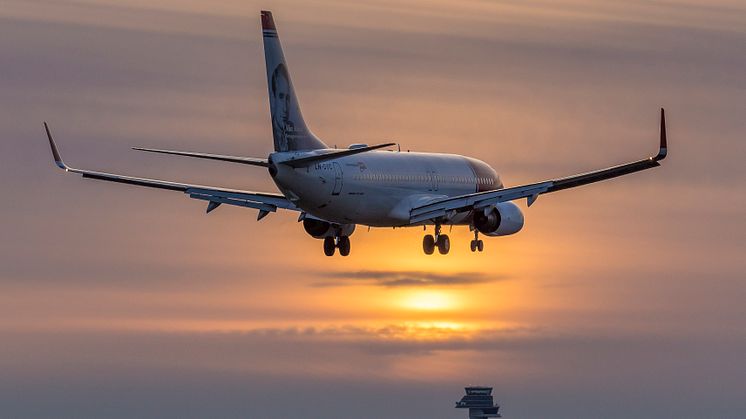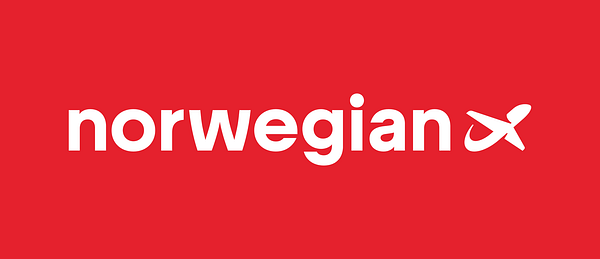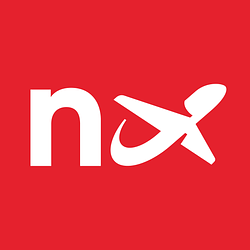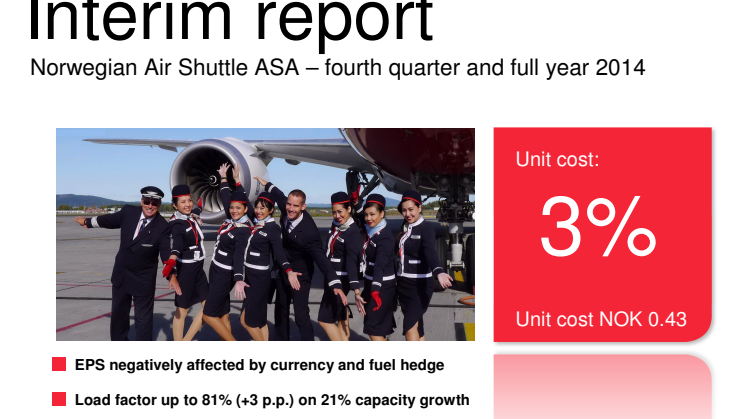
Press release -
Strong expansion and fuel hedging for 2015 affect Norwegian’s 2014 results
Norwegian’s 2014 results are characterized by strong revenue and capacity growth as well as major investments for future expansion. Fuel hedging for 2015 for the amount of 459 MNOK was a considerable cost in 2014. Consequently, major costs for 2015 have already been covered. The company reported a net profit of -1,050 MNOK compared to 322 MNOK in 2013.
After seven profitable years, Norwegian (NAS) today reported a negative result for 2014. The company’s total revenue was 19.5 BNOK – an increase of 25 percent compared to 2013. The production growth (ASK) increased by 35 percent, while the load factor remained high at 81 percent, up three percentage points from the year before. Norwegian carried 24 million passengers in 2014, an increase of 16 percent from previous year.
For the fourth quarter, the underlying result was in line with the same quarter in 2013. The net profit of -958 MNOK was mainly caused by fuel hedging and a weak Norwegian krone. By transferring a major part of Norwegian’s fleet to its subsidiary Arctic Asset Aviation Ltd. (AAA), the value of the aircraft has increased in line with the dollar. This has had a positive effect of 361 MNOK on the equity, which in practice offsets the exchange loss between the Norwegian Krone (NOK) and USD during the fourth quarter of 2014.
The 2014 results explained
Major currency fluctuations and fuel hedging for 2015 had a negative result effect of 690 MNOK for the full year. Moreover, long-haul delays amounted to 265 MNOK in 2014. This includes wet lease costs, extra fuel, as well as expenses related to accommodation, food and drinks for delayed passengers. Costs related to the delayed approval of a U.S. foreign air carrier permit for the company’s EU subsidiary were 117 MNOK. The strike from labour union Parat in May 2014 amounted to a loss of 101 MNOK.
Fourth quarter 2014
The company’s total turnover in the fourth quarter was 4.6 BNOK, an increase of 22 percent from the same quarter previous year. The net profit was -958 MNOK compared to -194 MNOK the year before. The airline carried 5.65 million passengers during the fourth quarter, which represents a passenger growth of eight percent. The capacity growth (ASK) was 21 percent and the load factor increased by one percentage point to 81 percent.
“There is no denying that 2014 has been a weak year for Norwegian. At the same time, we do see several positive trends entering 2015. Last year was characterized by the continued international expansion, not least the launch of new long-haul routes. Our growth strategy yields results as we continue to gain a stronger global foothold. Even with large investment costs, we have managed to reduce unit costs and renewed our fleet considerably,” said CEO Bjørn Kjos.
“Entering 2015, we see a satisfactory demand for quality flights at affordable fares and are already in the first quarter benefiting from the low oil price. Still, there is no doubt that we need to further reduce our cost level in order to stay competitive in a very challenging market,” continued Kjos.
For more detailed information, see pdf attached.
Media Contacts:
Chief Financial Officer Frode Foss, tel +47 916 31645
Chief Communications Officer Anne-Sissel Skånvik, tel +47 975 54344
Topics
Categories
Norwegian Air Shuttle ASA, commercially branded “Norwegian”, is a low-cost airline listed on the Oslo Stock Exchange. Norwegian is the second largest airline in Scandinavia and third largest low cost carrier in Europe. The company reported its highest ever passenger figures in a single year with almost 24 million passengers in 2014. Norwegian has a route portfolio that stretches across Europe into North Africa and the Middle East, as well as long-haul flights to the US and Southeast Asia. The company has a total of 424 routes to 130 destinations and employs approximately 4,500 people in Norway, Sweden, Denmark, Finland, Estonia, UK, Spain and Thailand. The company has 258 undelivered aircraft on firm order. Norwegian was founded in 1993 and its headquarter is in Fornebu, Norway. Norwegian offers better leg room than most competitors, in-flight WiFi on short haul, world-class punctuality and a fleet of 96 aircraft with an average age of only four years. In 2013 and 2014, Norwegian was voted Europe’s best low-cost carrier of the year by the renowned SkyTrax World Airline Awards. In 2014, Norwegian also won three prizes at the prestigious Passenger Choice Awards for Best Airline in Europe, Best Inflight Connectivity & Communications and Best Single Achievement in Passenger Experience for its moving map on the 787 Dreamliners. In addition, Norwegian was awarded Europe's best low-cost airline by AirlineRatings.com for the second year running.



